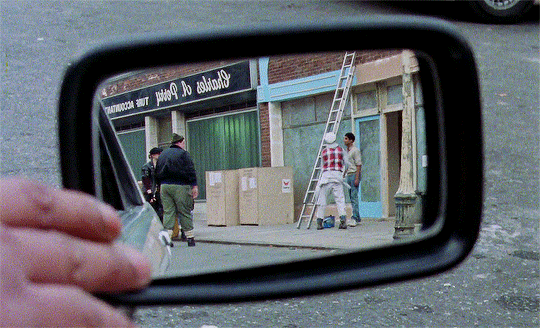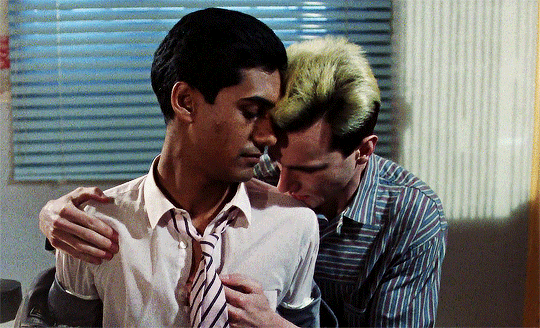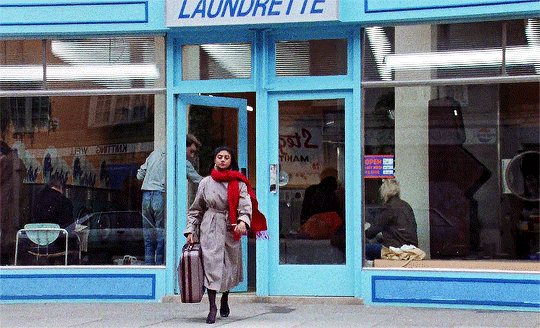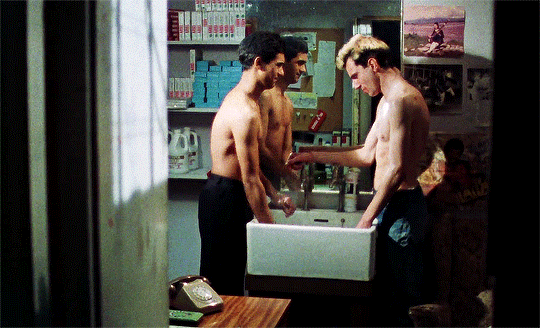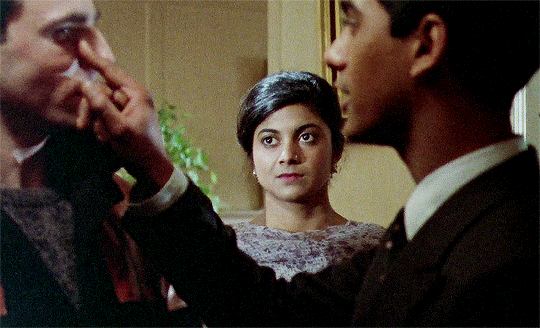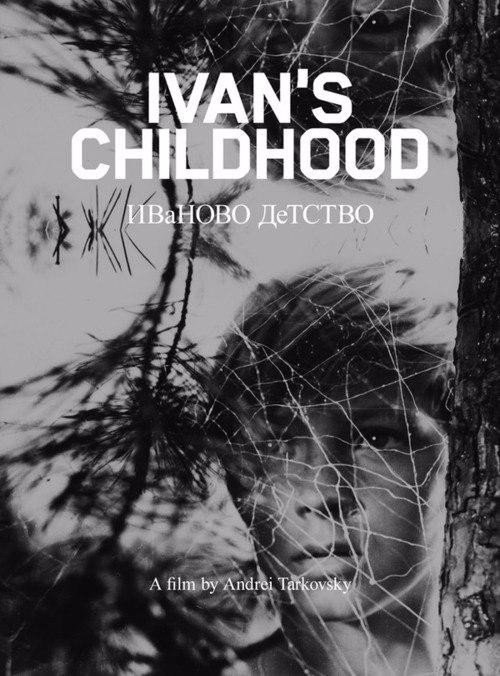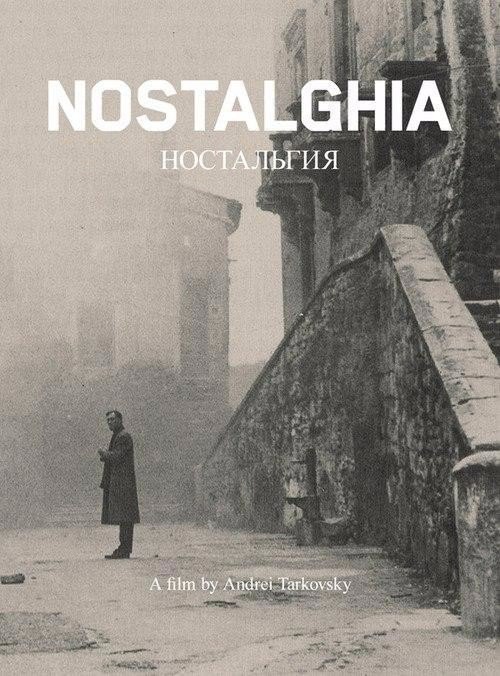Text
Genesis begins with human relationships, a whole book of them. It is about husbands and wives, parents and children, and the tense rivalry between siblings, as if to say: This is the locus of the religious life. In the love that brings new life into the world. In marriage where love becomes a covenant of loyalty. In parenthood, the one thing that, this side of heaven, grants us an intimation of immortality. In the family as a bond between the generations. In the calibrated distance between individuals that allows them to be joined in responsibility and fidelity while at the same time left the space to be themselves — a modern theme to be sure, but at the heart of these biblical stories also.
— Rabbi Lord Jonathan Sacks zt”l, in The Great Partnership: God, Science and the Search for Meaning
315 notes
·
View notes
Note
Favourite works of literary theory?
“Against Interpretation” by Susan Sontag
“Against Decoration” by Mary Karr
“The System and the Speaking Subject” by Julia Kristeva
“Word, Dialogue, and Novel” by Julia Kristeva
“Walter Pater’s Eucharist” by Benjamin Taylor
Conclusion to The Renaissance, Walter Pater
“On Beauty and Being Just” Elaine Scarry
“Transmission & the Individual Remix” by Tom McCarthy
“The Laugh of the Medusa” by Helene Cixous
“Sesame: Of Kings’ Treasuries” by John Ruskin
“The Nature of the Gothic” by John Ruskin
“Tradition and Individual Talent” by T.S. Eliot
“Days of Reading” by Marcel Proust
“E Unibus Pluram: Television and US Fiction” by David Foster Wallace
“The Art of Fiction” by Henry James
The Pound Era by Hugh Kenner
Real Presences by George Steiner
The Art of the Novel by Milan Kundera
The Art of Recklessness: Poetry as Assertive Force and Contradiction
Heroines by Kate Zambreno
Literary Women by Ellen Moers
5K notes
·
View notes
Text
“Who are dressing up for?” The butch lesbian I might randomly see in the shopping center who else?
27K notes
·
View notes
Text

design by Vanessa Ho Yi Cheung
3K notes
·
View notes
Photo

Roxanne Lowit - Jerry Hall at Yves Saint Laurent S/S (1979)
494 notes
·
View notes
Photo




19-year-old Japanese student Ayana on the street in Harajuku wearing a UNIF rainbow top with O-Mighty embroidered Pokemon pants, a see through NaNa-NaNa bag, a harness, and Demonia platform boots. Full Look
6K notes
·
View notes
Note
are there any spanish language movies you’d recommend? i love your film related posts <3
Thank you! I don't watch a lot of movies but I do love them.
Your request is a little vague, so I had to go with whatever popped into my head - which, of course, means this list is reflective of my particular tastes. Some of these are quite brutal and may contain common triggers, please look them up if that's an issue for you, or send an ask about a specific film. I put an asterisk (*) next to the ones I wish to rec the most.
Argentina:
The Headless Woman/La mujer sin cabeza, dir. Lucrecia Martel *
XXY, dir. Lucía Puenzo
Esteros, dir. Papu Curotto
Chile:
The Wolf House/La Casa Lobo, dir. Cristóbal León, Joaquín Cociña *
Colombia:
Embrace of the Serpent/El abrazo de la serpiente, dir. Ciro Guerra*
Flesh of Your Flesh/Carne de tu Carne, Carlos Mayolo
Pure Blood/Pura Sangre, dir. Luis Ospina
Guatemala:
La Llorona, dir. Jayro Bustamante *
Mexico:
Y Tu Mamá También, dir. Alfonso Cuarón *
Poison for the Fairies/Veneno para las hadas, dir. Carlos Henrique Taboada
Alucarda, dir. Juan López Moctezuma
The Exterminating Angel/El ángel exterminador, dir. Luis Buñuel (of course his other works are also highly regarded, but this is the only one I truly like. also, I know Buñuel was Spanish, but this film is Mexican.)
Satanic Pandemonium, dir. Gilberto Martínez Solares
Tigers Are Not Afraid/Vuelven, dir. Issa López
Spain:
Pedro Almodóvar's entire filmography: Bad Education/La mala educación, All About My Mother/Todo sobre mi madre, Women on the Verge of a Nervous Breakdown, The Skin I Live In, Volver etc etc beloved <3
Guillermo Del Toro: Pan's Labyrinth/El labirinto del fauno, The Devil's Backbone/El spinazo del diablo
Jesús Franco: Vampyros Lesbos, The Obscene Mirror
Anna and the Wolves/Ana y los lobos, dir. Carlos Saura (I have yet to watch more of his works, but they seem very interesting to me)*
Anguish/Angústia, dir. Bigas Luna *
The Holy Innocents/Los santos inocentes, dir. Mario Camus
Who Can Kill a Child?/¿Quién puede matar a un niño? , dir. Narciso Ibáñez Serrador (I still need to watch The House That Screamed, which I will soon!)
[REC], dir. Jaume Balagueró, Paco Plaza
I really need to watch more movies in Spanish, especially from countries that are completely missing from the list. :/
127 notes
·
View notes
Photo







soul food by edward tillman jr. + paul elliott, 1997.
69K notes
·
View notes
Photo
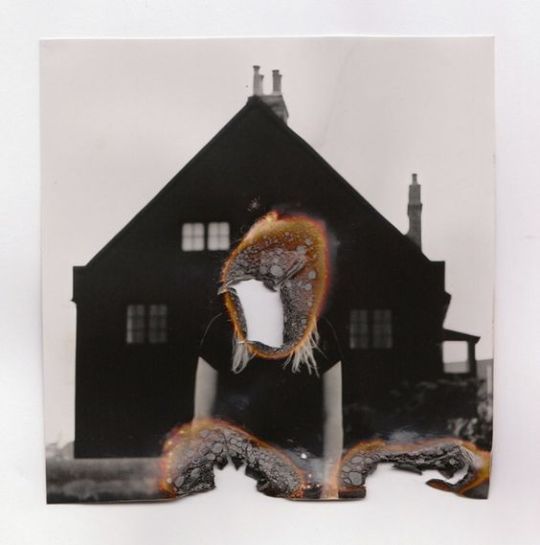








Scars, India Lawton / Becca Stadlander / This Party Never Ends, Diana Zhuk / Burning House in Winter, Bettmann Archive / Daria Golab / Shadow Work, Indigo / Painting Disaster From A Distance, Motohide Takami / Burn it Down, Brian Luong / Red House, Morten Schelde
15K notes
·
View notes
Text
« The way to solve our energy problem is not to produce more energy.
Why do the options of wind, solar, and biofuels flow from our minds so freely as solutions to our various energy dilemmas while conservation and walkable neighborhoods do not? Why do we seem to have a predisposition for preferring energy production over energy reduction?
[Ours is] a hyperindividualist and hyperconsumerist perspective—one where families not only have their own home theater, their own power tools, their own heating system, and their own laundry facilities but have also settled into a concept of living wherein such hyperindependence is normal and unproblematic. […] The “energy crisis” is more cultural than technological in nature and the failure to recognize this has led to policies that have brought us no closer to an alternative-energy future today than we were in the 1960s when the notion was first envisaged. […]
In the existing American context, increasing alternative-energy production will not displace fossil-fuel. Creating more power through alternative means—more efficient solar cells, taller wind turbines, and advanced biofuels—is a futile endeavor, at least in the current sociopolitical environment of the United States. A growing population insisting on greater affluence will quickly fill any vacancy such maneuvers might pry open, [entrenching] energy-intensive modes of living, and finally [bringing] us right back to where we started: high demand and so-called insufficient supply.
[…] Increases in energy efficiency make energy services relatively cheaper, encouraging greater consumption. [A] Rocky Mountain Institute study [… concludes], “[T]he promotion of energy efficiency […] is unlikely to be sufficient while rich countries continue to pursue high levels of economic growth.” Thus, efficiency efforts will only prove effective as long as we institute simultaneous reforms to move from a consumption-based economy to one grounded in sufficiency.
[…] Someday, renewable energy will supply most of humanity’s energy needs. Renewable forms of energy fueled humanity before the age of fossil fuels, and so they will after the fossil fuels are gone. A problem remains, however. There likely won’t be enough of the precious renewable energy to go around. If in some future age human societies are to operate on cleaner forms of energy, it follows that humans will have less overall energy to work with. A lot less. The best way to get precious renewable energies to meet our needs is to simply need less. A green economy is a smaller economy. »
— Ozzie Zehner, Green Illusions
391 notes
·
View notes
Text
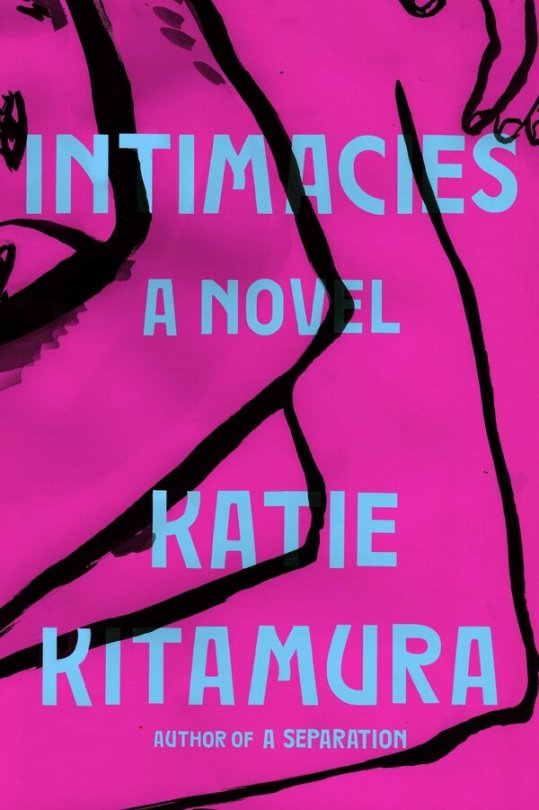
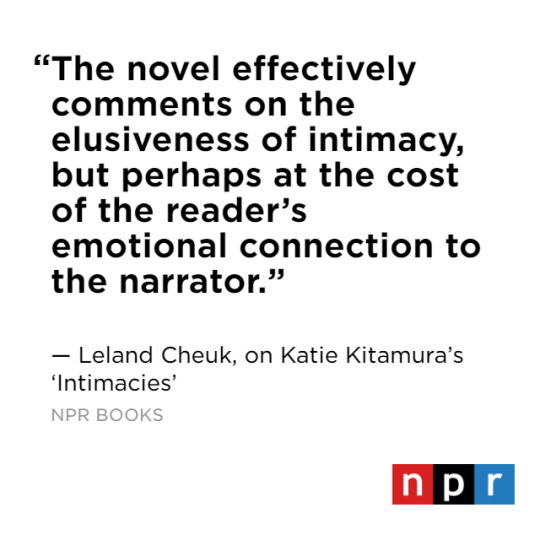
Katie Kitamura's new Intimacies has some core things in common with her last book, A Separation -- both follow unnamed narrators who work as translators. This time, our protagonist works at the Hague, translating legal proceedings against dictators. Critic Leland Cheuk calls the book "fascinating" and "mysterious," but wonders whether the deliberate lack of information about the narrator keeps readers at too much of a distance -- check out his review here.
-- Petra
32 notes
·
View notes







